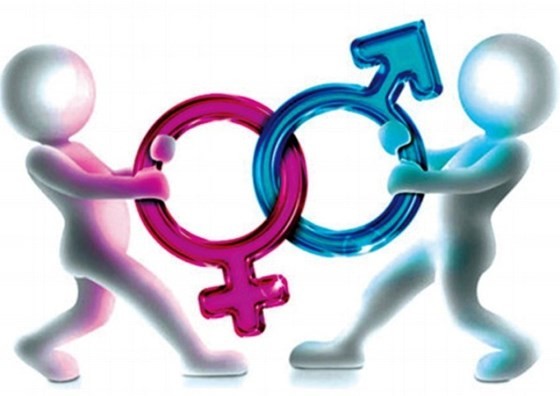
The Ministry of Health and the United Nations Development Program (UNDP) in Vietnam yesterday co-held a seminar for transgender law draft.
Nguyen Huy Quang, director of the Ministry of Health's Legal Department, said that studies showed the rate of transgender people accounts for 0.3-0.5 percent of the whole population yet around 300,000 in the Southeast Asian nation wish to change their gender and most of them have no choice in the country and mostly going abroad for gender reassignment operation.
By the Ministry’s statistic, 26.9 percent of these people have gone abroad for such operation mostly in Thailand while 22.4 percent have sought assistance from local private medical service which inject hormone for them and just around 13.4 percent visited public infirmaries.
Though they know they will experience health risk in undergoing gender reassignment surgery and face discrimination from family, the society and legal paper, they still go on.
Vietnam passed a law which allows people who have undergone gender reassignment surgery to register under their new gender in November 2015.
However, Vietnamese government needs to have additional regulations on the matter; accordingly, the Ministry and relevant agencies liaised to make transgender draft which includes seven chapters and 29 articles on individuals who wish to change their gender and for medicals clinics which perform gender reassignment surgery and paperwork for the matter.
Dr. Quang said sex reassignment is strictly limited to only those without complete sex organs and those with both male and female sex organs. Procedures are only allowed at a few designated hospitals. It remains to be seen if the new Civil Code will make it easier for transgender people to access health services.
Subsequently, the draft will forbid discrimination, insult to transgender people or obstruction for the operation for legal surgery or dismiss transgender because they are transgender people.
He added that people who wish to change their gender or who have been on hormone therapy for over two years or who have had surgery on breast or sex organ will be qualified.
The Institute for Studies of Society, Economics and Environment said that by October, 2017, 71 nations in the world legalized the transsexuality; even some qualify in paper without surgery.
























